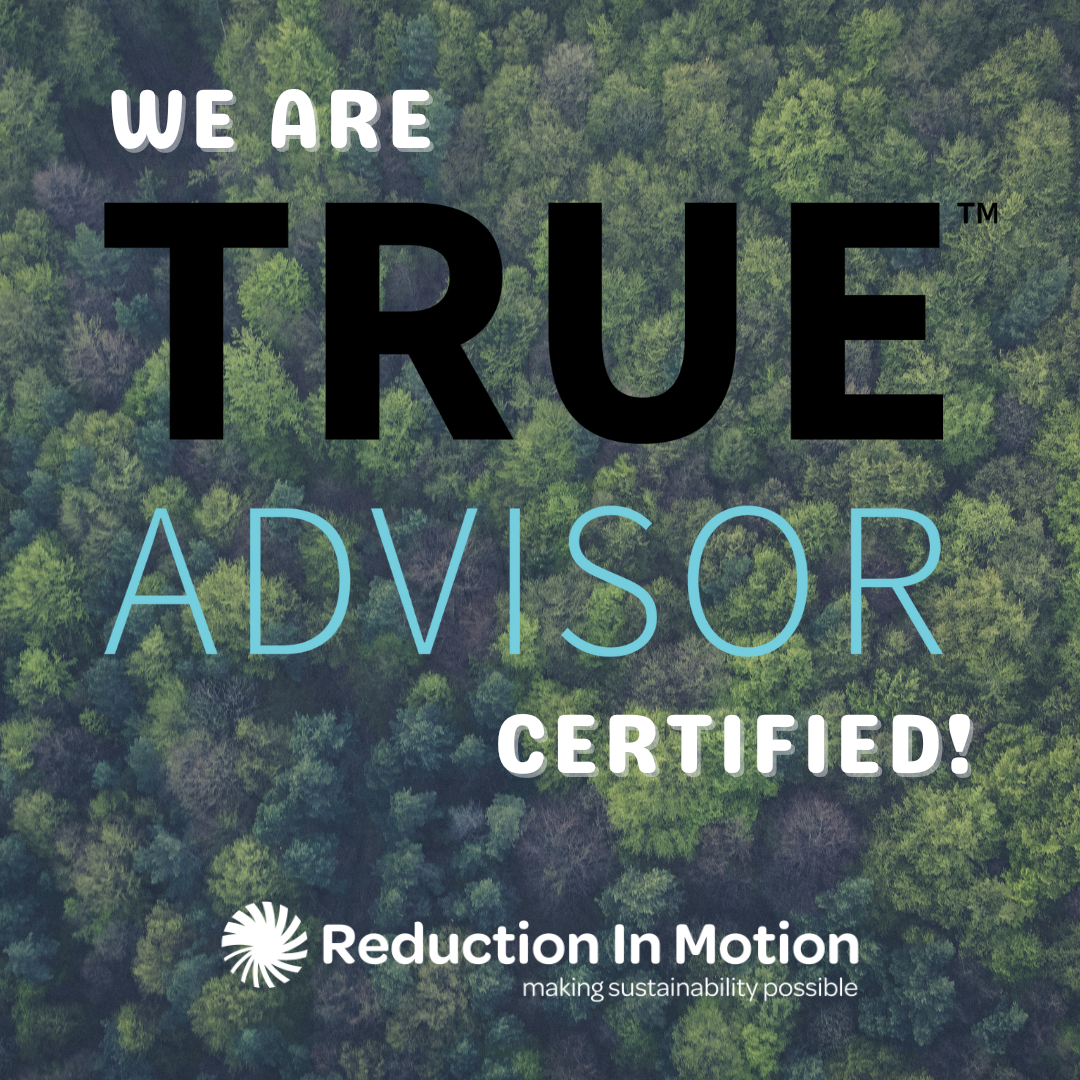5 Things to Look for on Your Waste Invoices
Reviewing waste invoices can be daunting and tedious. It often feels like an uphill battle, from deciphering complex details to catching unexpected fee increases. However, understanding and managing these invoices is crucial to controlling costs and ensuring efficient waste management. This blog will share practical tips to help you navigate waste invoices, hold your vendors accountable, and optimize your waste services.
1. Read the Fine Print EVERY TIME!
We’ve lost count of how many times we’ve reviewed invoices for clients and found tiny print stating, “Beginning with this invoice, fee ‘X’ has increased from $ – to $ -, which requires your consent. Payment is considered your consent to this increase.” To avoid these hidden increases, read ALL the fine print.
3. Hauling Efficiency, or Lack Thereof
Invoices should contain detailed information about the pounds or tons serviced from a given piece of equipment by service date. If they don’t, you need to ask for this data. Once you have your service weights, compare them to target weights for each piece of equipment to determine how full each is at the time of service. A container that is consistently less than 50% full can reduce its service frequency by half.
4. “Other” Fees

What are you paying for, and can these fees be avoided? Some fees, like those for blocked equipment and contamination, can be avoided through communication with your staff and vendor(s). Identify the best points of contact to correct the issues causing the added fees.
You’ll likely find some “other” fees that can’t be avoided but may not have been accounted for in your budget. These include fuel, environmental, and administrative fees. These fees are often buried in the contract’s fine print. While you can’t negotiate these fees after signing the contract, remember them for your next hauler contract negotiation.
5. Document Your Likes and Dislikes
Prepare for the RFP process when it’s time to renew your contract or choose a new hauler. You have a say in what you want from a service agreement. Specify what you want to see on your invoices, such as identified fees by service date and corresponding service weights. Hold your hauler accountable for only service equipment when it’s nearing full. They must participate in regular business review meetings to discuss grievances and evaluate compliance with agreed-upon KPIs. Make sure you get what you need from your haulers.
Take Control of Your Waste Data
Visit our Waste Data Tracking page to learn more about effectively managing your waste data and ensuring you get the most out of your service agreements.

Our team of sustainability and waste consultants work together to develop content for our site. Contact us to learn more about something we’ve written about or would like us to focus on in the future.


